I have a problem regarding firebase storage. I have stored there several .JSON files, my storage looks like this right now:
My goal is to retrieve this .JSON files and use the data inside those files in my react-native app. The thing is, all tutorials online only show how to retrieve pictures from the storage, like this:
const downloadImage = async (imageName) => {
const imageRef = firebase.storage().ref(`images/${imageName}`);
const url = await imageRef.getDownloadURL();
setPickedImage(url);
};
In this case we retrieve a downloadURL from firebase but in my case we dont have a picture. What I want to accomplish is to be able to look inside the file I download, I want to reuse the data inside those 2 .JSON files and I dont know how to accomplish that and thats where I need your help, thank you for reading!
PS: I know it would be much more easier to just use firebase database for .JSON files but I want explicitly use firebase storage in this case, thats really important to me.
